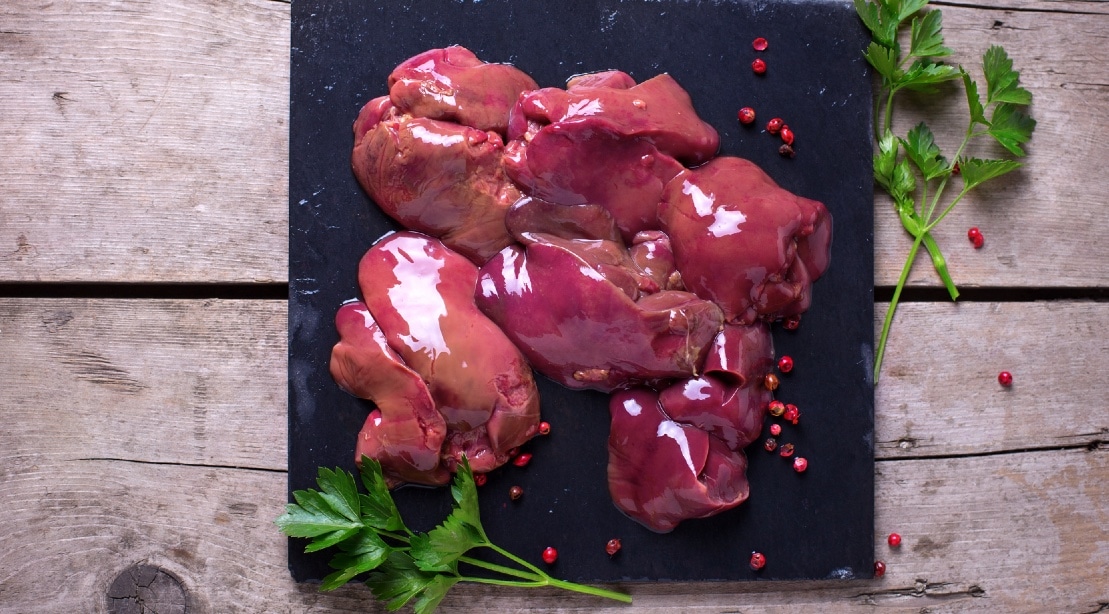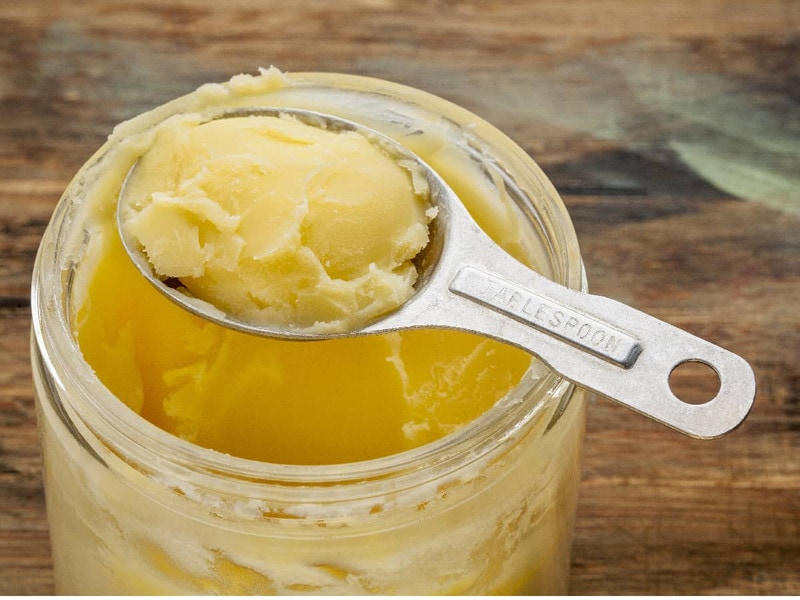Chewing
Eating begins with the simple art of chewing. Chewing leads to smooth digestion and greater assimilation of nutrients because it initiates the release of digestive enzymes and breaks down food.
Carbohydrate digestion begins in the mouth. Chewing turns grains and other complex carbohydrates into satisfying sugars and makes oils, proteins and minerals available for maximum absorption. Whole foods, especially whole grains, must be mixed with saliva and chewed until liquid to release their full nutritional value. In addition, the more whole carbohydrate foods are chewed, the sweeter they become. Because digestion becomes so efficient when you chew your food, your body will begin to feel wonderfully light.
How to Chew Properly
To get started in the habit of chewing correctly, try counting the chewing of each bite 30 to 50 times at the beginning of each meal. It helps to put down your fork between bites.
Chew every mouthful of food at least 30 times each, until the food becomes liquid.
Chewing breaks down food and makes it easier on the stomach and small intestine to digest.
Saliva assists in the digestion of carbohydrates.
Saliva also makes the food more alkaline, which creates less gas. (Gas is experienced in the stomach and intestine, of course, but it is caused by spleen imbalances.)
If under pressure at meals, simply chew, and let the chewing relax you. Then you can enjoy the whole spectrum of tastes and aromas that make up the meal.
Good Chewing Suggestions
Before eating:
- Shower or wash hands and face.
- Turn off the television, radio, telephone.
- No reading.
- Find a clean quiet place to eat.
- Light a candle or play soft music.
- Stretch, breathe.
- Say a prayer.
- Sit straight. Breathe.
During the meal:
- Place a bite of food in your mouth.
- Put your utensil down.
- Place your hands together while chewing.
- Begin chewing and deep breathing.
- Concentrate on what you’re doing.
- Look at the food or something attractive or close your eyes partly or fully.
After Eating:
- After eating say thanks.
- Sit and talk after your meal.
- Take a light stroll.
Excerpted from Power Eating Program, You are How You Eat by Lino Stanchich




